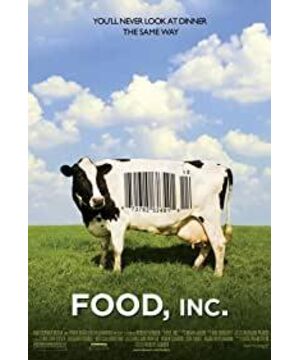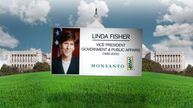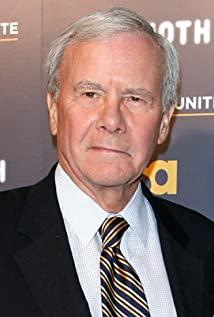For example, the whole film does not see any rhetoric that is beneficial to the food industry, nor does it see the comparison of data to talk about the real harm of food industrialization. Instead, it resorts to more emotional stories, mothers who lost their sons, farmers who lost their livelihoods, and Conserve the family troubled by diabetes. This tendency is not a subtitle that says that xxx’s refusal to interview can be concealed. At any rate, you can interview the testimony of experts from neutral third-party scientific research institutions. Even if the food giants can even control all scientific research institutions in the United States, you can also ask Europe, Canada or Well from Australia.
Even relying on some clues in this film, it is not difficult to see the importance of food industrialization. Agriculture used to require 10% of the population to work, but now only 1% is enough to feed 300 million people in the United States. This does not take into account the resources that cannot be simply multiplied by 10, such as water and land. In other words, if you are a rich person, you can naturally stand up and talk without backache, just buy organic; but as a poor person, you can either bear a one in a billion chance of being infected with the virus, or a 100% chance. Probably the whole family will starve to death. With the depreciation of the U.S. dollar accompanying the financial crisis, it directly pushed up commodity prices, leading to soaring food. Coupled with a rapidly growing population, the food crisis intensified. The so-called Arab Spring of Pursuing Democracy, which has been glorified, unfortunately makes the best footnote.
As profit-seeking capital, the factory will produce what customers need. From this perspective, all consumers are accomplices. However, to criticize yourself requires a strong heart, and it is far less worrying and effortless than putting all responsibilities on a pre-determined capital empire that is evil. I'm very innocent. I have no money so I can only eat at McDonald's. I have no money and can't afford vegetables. That's why I got diabetes. I can’t figure it out. Why do you have no money to have two children? Isn’t it cheaper and healthier than McDonald’s to buy your own bread and make sandwiches? I don't care, but they are too evil, and I'm all forced to. As a free consumer in a market economy, there is no such thing as being "forced". On the one hand, you want to enjoy cheap fast food and on the other hand you want healthy food. You can take advantage of everything. Is it possible? Do you hope that organic is cheaper than junk food?
What is even more worrying is that, as a profit-seeking capital, if one day finds that industrialized food is unprofitable, this will be a real disaster. On the one hand, it is impossible for everyone to afford organic food. On the other hand, cheap industrialized food disappears from the market because it is unprofitable. The result is a food crisis. Eating junk food every day is not terrible. The terrible thing is what can the poor eat if there is no junk food.
View more about Food, Inc. reviews










